How Sex Education Combats Gender Based Violence
Reflecting on Jimmy Carter’s Mission
It’s fair to say that one of the marks of a truly civilized society lies in the ability to keep its citizens safe. Regardless of technological advancement, if members of the populace are vulnerable to violence, then the culture as a whole remains primitive.
I was just a kid when Jimmy Carter was president. As such, I often observed him through comic strip tropes referencing his southern drawl, his humble beginnings in the farmlands of Georgia, and the infamous Jimmy Carter smile that correlated more with peanut farming than his inherent personal wisdom. But then, I was just a kid.
It took a few decades for me to learn that whatever failures Jimmy Carter possessed as a President, his aptitude for Compassion and Wisdom were not among them. As a Nobel Peace Prize winner, Carter is perhaps best known for his post-presidential work. One of the most infamous examples of this centered around his outspoken admonition against Gender Based Violence (GBV).
"The abuse of women and girls is the most pervasive and unaddressed human rights violation on earth," said Carter.
Viewing violence and discrimination against women as critical human rights issues, Carter was outspoken in declaring that as long as women and girls aren’t safe, all facets of society suffer. Gender based violence renders a supposedly civilized society, uncivilized.
Carter was President of the US from 1977 to 1981. According to Bureau of Justice statistics, the victimization rate for rape was 1.6 per 1,000 people in 1980. Currently, the sexual assault rate is 1 in 4 girls, 1 in 6 boys.
When #MeToo swept the globe in 2017, an unprecedented wave of awareness and activism gave survivors a voice and alerted the world to the prevalence of sexual violence. Unfortunately, just a few years later, most young people, at least in the classes I’ve taught, have never heard of #MeToo.
Buried under the current mountain of social media sound-bytes, tropes, polarized political barbs and dangerous religious conservatism, the words of Jimmy Carter and the lessons of #MeToo are relegated to little more than the comic strip tropes of the 80’s. Instead, much of our thinking exists in silos.
The newfound radical conservatism of many churches is a great example. The idea that talking about sex encourages young people to go out and have sex is a mode of thinking we might expect from the very same teenagers we are trying to protect. As a result, we have issue-based voting practices and black-and-white thinking in response to a problem that is much more multifaceted and nuanced.
“Don’t throw the baby out with the bathwater” was a common saying back in Jimmy’s day. “The baby” could mean many things, but always that which is most precious to us, worth caring for and protecting. If we throw out comprehensive sex education for the sake of keeping our young people “pure,” we are essentially leaving them alone in a cultural landscape that is anything but.
According to the American Academy of Pediatrics, “Comprehensive sex education programs have demonstrated success in reducing rates of sexual activity, sexual risk behaviors, STIs, and adolescent pregnancy and delaying sexual activity. Many systematic reviews of the literature have indicated that comprehensive sex education promotes healthy sexual behaviors.
We lost Jimmy Carter on December 29, 2024. A devout Christian, Carter called out the conservative church for “misinterpreting the scriptures” by placing men in roles of leadership and women in roles that are “subservient to men.” This misinterpretation widens the doorway of power-over thinking, giving rise to the unprecedented gender-based violence we are seeing today.
Teaching young people how to understand and respond to a most basic facet of human existence—sexuality does not need to be frightening. It can start with a simple reflection about their personal safety needs.
In class 1 of the Be Strong, Be Wise course, we explore the legal definition of sexual assault and invite students to consider the three operative words in the definition, “unwanted sexual contact.”
Since every human will interpret those three words differently, we invite students to reflect on and journal their experience of “unwanted contact.” By removing the word “sexual,” we neutralize the potential for students to get triggered by the prompt and instead invite a fundamental piece of personal awareness they might not otherwise have: what does unwanted contact - or threat of contact- mean to me? What does it feel like in my body when my boundaries are threatened?
Respecting the wisdom and personal authority of our students, we build on that awareness throughout the course, equipping them with tools to respond to situations where their boundaries may be threatened. The course likewise empowers students with new ways of understanding how to respect others, a crucial skill in a cultural landscape where sexual violence is normalized.
We have fallen far short of the kind of moral leadership and compassion that Jimmy Carter brought to his presidency. But we can take a stand in our relationships with young people by inviting the conversations and inquiries that strengthen connection as well as enhance their understanding of themselves.
If you’re interested in learning more about what BSBW offers schools and youth organizations around the world, we invite you to check out our testimonial page here.

